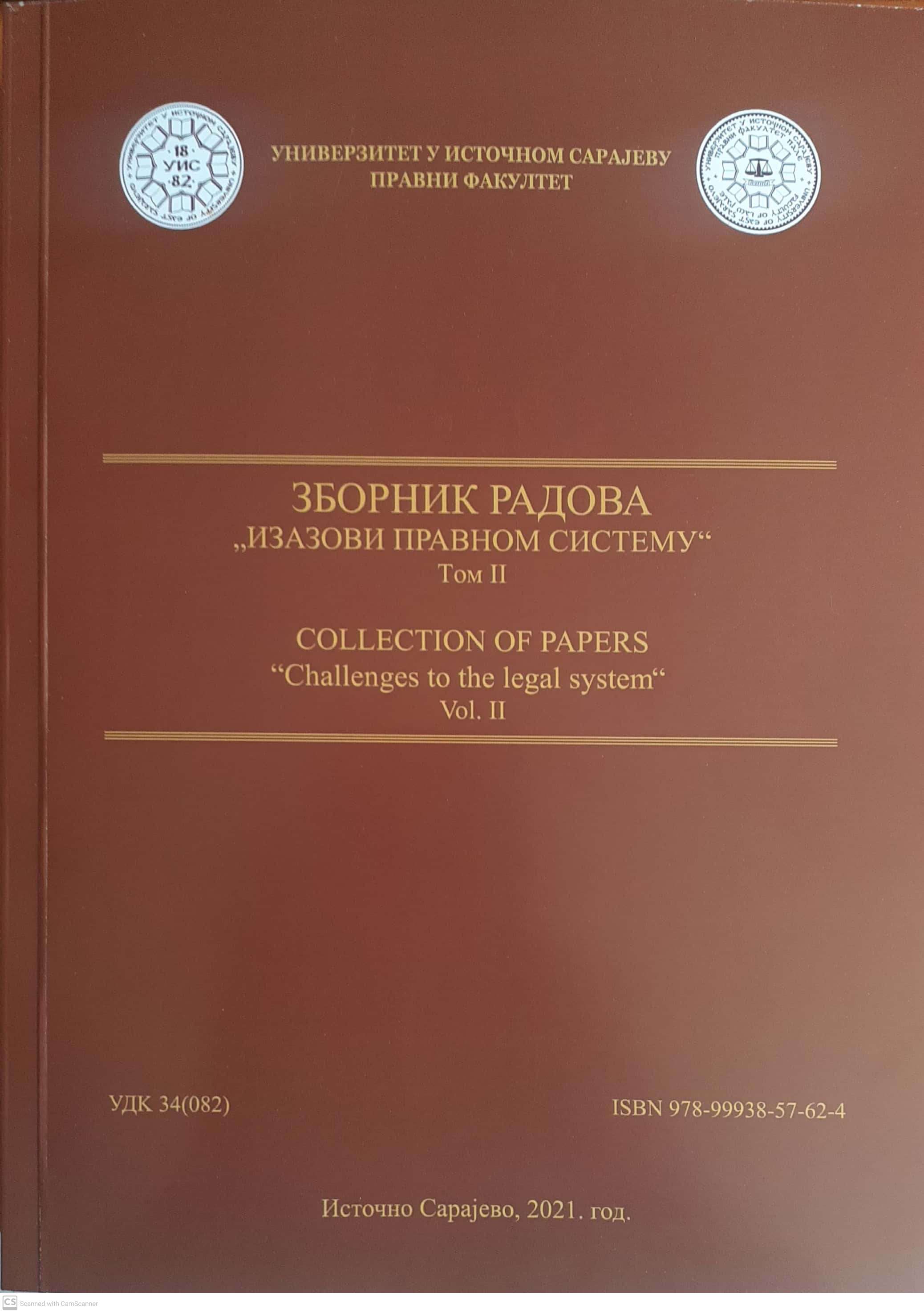Digital Exhaustion: Furthering Social Justice in a Streaming-dominated Copyright Ecosystem - Critical Remarks After the ECJ's Tom Kabinet Judgement
Digital Exhaustion: Furthering Social Justice in a Streaming-dominated Copyright Ecosystem - Critical Remarks After the ECJ's Tom Kabinet Judgement
Author(s): Péter Mezei
Subject(s): Law, Constitution, Jurisprudence
Published by: Правни факултет Универзитета у Источном Сарајеву
Keywords: Copyright; Social justice; First sale doctrine; Exhaustion doctrine: Digital copyright; Tom Kabinet; European Court of Justice;
Summary/Abstract: The role of copyright law in furthering social justice is blurred. On the one hand (and primarily), copyright law aims to guarantee a more or less exclusive protection for the benefit of creators and other contributors to the creative process (e.g. publishers, producers). On the other hand, copyright law also intends to strike a fair balance between the interests of various stakeholders, both for the benefit of individuals and the society as a whole. Such balancing tools include e.g. various limitations and exceptions (including the fair use doctrine in the US), the limited term of protection, procedural and fundamental rights based safeguards. Most often, however, these balancing tools remain “objective” in nature, and apply to all members of a given class of stakeholders (e.g. right holders, licensed or free users, consumers etc.). Copyright norms (and, occasionally,the lack of exclusive rights) often further socially desirable goals, e.g. strengthening the access to and preservation or dissemination of cultural goods; supporting creative re-uses of contents etc. These norms nevertheless lack “social justice” perspectives. This paper intends to highlight the key social justice role of the first sale or exhaustion doctrine, especially in the light of the most recent case law related to the applicability of the doctrine in the digital domain.
Book: Зборник радова "Изазови правном систему" Том II
- Page Range: 190-203
- Page Count: 14
- Publication Year: 2021
- Language: English
- Content File-PDF

